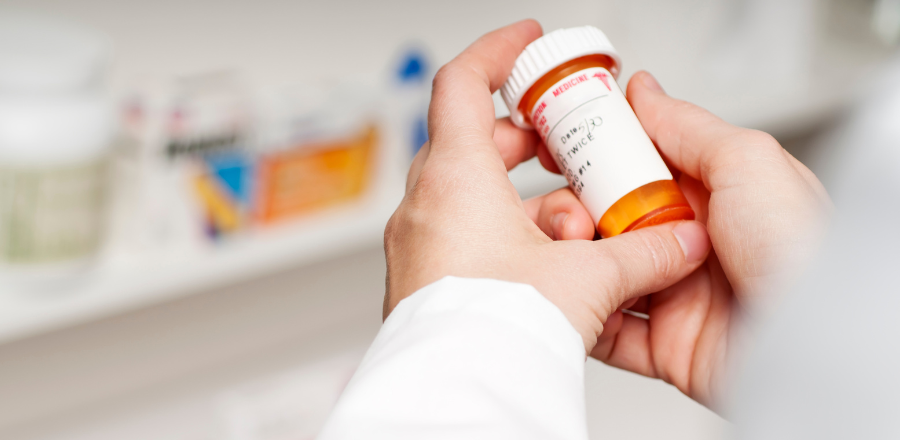New Queensland pharmacy experiment puts lives at risk and does nothing to solve workforce issues
The Queensland Government’s North Queensland Pharmacy Pilot will deliver second-class health care, particularly for some of the most vulnerable patients in the community and put patient safety at risk, Australian Medical Association president, Professor Steve Robson, said today.

The Queensland Government’s decision to push ahead with this program sets a dangerous precedent and would do nothing to fix workforce issues facing rural and regional areas, Professor Robson said.
“Local doctors in North Queensland do not support this experiment and we know that there are real concerns about the impact it will have on access to quality primary care amongst the Indigenous population.
“The AMA is completely opposed to this with good reason. While we know pharmacists play a really important role in the health system, they are not qualified to diagnose patients.
“Quite simply, this decision is flawed and puts patients at risk. It takes up to 15 years to become a qualified general practitioner. You can’t simply replace those skills with a few months of training.
“General practitioners train for between 10 to 15 years to diagnose and treat people. This dangerous pharmacy prescribing model would allow pharmacists to independently diagnose and prescribe medication to their customers after only limited training.”
Professor Robson said the AMA was working closely with the federal government to address GP shortages and the real answer to improving access to primary care in North Queensland was to bolster the GP workforce and give GPs the funding and support they needed to care for their communities.
"Allowing pharmacists to diagnose and prescribe independently isn’t the answer to these problems and we know from evidence from the earlier UTI trial these models of care will lead to misdiagnosis and missed diagnosis.
“In the long term this will only fragment care and put more pressure on our health system.
“We are ready to work with pharmacists and state governments to create collaborative models of care which will be genuinely helpful to communities,” he said.
AMA Queensland president, Dr Maria Boulton said the UTI pharmacy prescribing trial in Queensland had led to hundreds of women needing further care, with an AMA survey of doctors finding missed cancer cases, serious sexually transmitted infection misdiagnoses, antibiotic resistance and an ectopic pregnancy among patients needing further help.
Professor Robson said one of the arguments being put forward for pharmacists to independently diagnose and prescribe medicine is that it is done overseas.
“This is so disingenuous. Those models work completely differently to this model. The Queensland Government is comparing apples with oranges and pretending they are the same thing.”
Professor Robson said pharmacists also had an enormous conflict of interest as they run a profit-making business from selling medications and other products.
“This model is flawed on so many levels and we are now hearing from other state governments that they are considering implementing similar trials. I say to all state governments, come to us first and let us engage in meaningful dialogue, looking at patient care models which will help people, not cause more problems for the health and welfare of Australians.”



